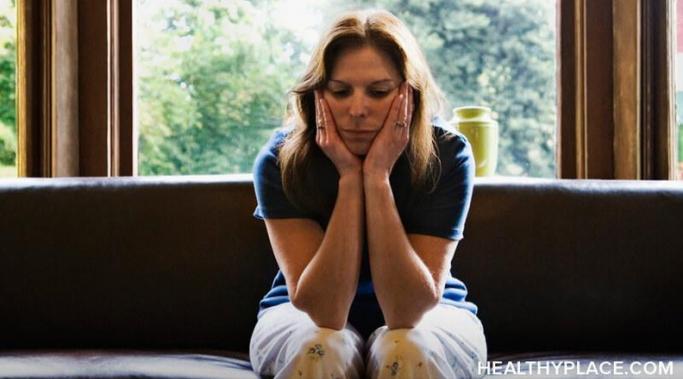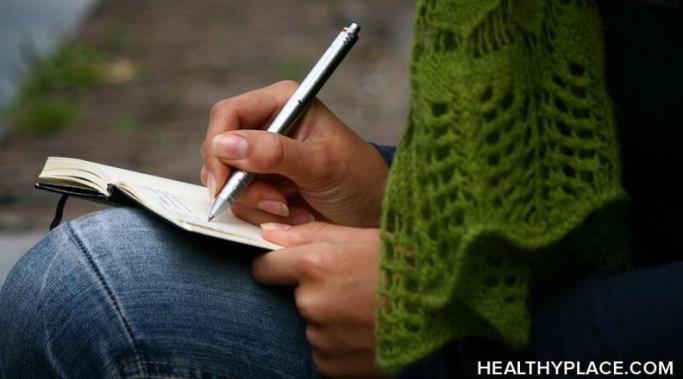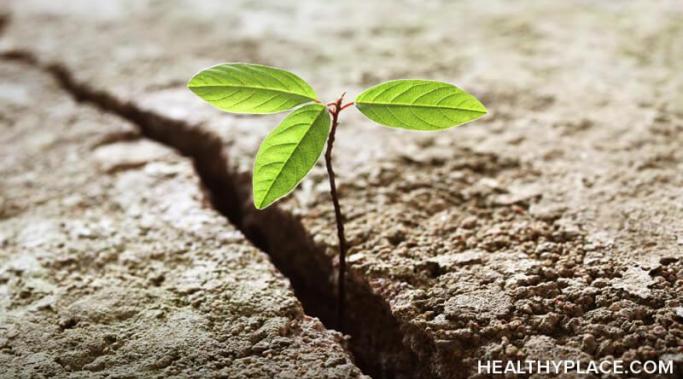As I recovered from my mental illness, I still had an overwhelming, heavy feeling that I was behind in life. I spent so much time asking myself what I had done wrong when I really should have asked myself, "Why do I feel this way?" Comparing myself to others was a dangerous, harmful game, and at the end of the day, I was the only one keeping score in being behind in life.
Holidays and Recovering from Mental Illness
Setting goals is great, but setting realistic goals is even better. It’s the beginning of a new year, which means it’s the beginning of New Year’s resolutions season. While thinking about my self-improvement, I believe it’s important to set realistic goals that are easier to maintain and won’t leave me feeling like I’m fighting against the impossible.
As the new year creeps ever closer, you might be thinking about goals for your mental illness recovery. The final countdown to midnight, fireworks, and a brand new start is just days away, and you might be wondering how to set your mental illness recovery goals best. I’m here to share what’s worked for me.
New Year's resolutions are tricky for everyone, but they can be particularly troublesome for those of us recovering from mental illness. How do you set goals that will push you but won't push you over the edge? Is it possible to make resolutions that you can still accomplish even if it turns out to be a bad year for your mental health? Do you have enough faith in yourself to even set any goals this year? It's hard to know the answers to these questions, which begs another question: are New Year's resolutions a good idea for people with mental illness? I think they absolutely can be, it just depends on each individual person and their situation.
The holidays are upon us, which means it's more important than ever to set healthy boundaries to maintain your mental health and wellbeing. Family parties, gift-giving, and the pressure to enjoy yourself can all impact your mental health during the holiday season, especially if you don't have solid boundaries set up to protect yourself. In the past, all of these things have made me miserable throughout the holiday season, but over the years I've learned how to set healthy boundaries and actually enjoy the holidays despite my mental health issues.
Is it possible to be grateful for mental illness? Some days, I hate having mental health issues and would do almost anything to make them go away forever. But other days, on my better recovery days, I'm almost grateful for my mental illness. It feels weird to be grateful for something that makes me so miserable so often, but at the same time, I think it's the natural result of living with a chronic condition. After all, the reality is that I can't make my mental illness go away, so I might as well find some silver linings.
It's that time of year where we all try and remember the importance of gratitude, so I want to take a moment to reflect on why I'm so grateful for the recovery progress I've made in the last year. Recovery is never a linear process, which means I've had my share of backslides, but I've also taken several important steps forward, and that should be celebrated.
Halloween mental health stigma can be especially harmful and offensive. For some reason, many people still believe "asylum" themes are appropriate for their haunted houses and costumes like "escaped mental patient" are fun because they get to wear a straightjacket. I believe stigmatizing mental illness in your Halloween celebration only serves to ostracize and insult an already vulnerable group of people, and it is time for it to end.
Surviving Halloween is not something I take lightly. I experienced visual and auditory hallucinations many years before receiving my schizoaffective disorder diagnosis. I thought I was receiving some sort of communication from a spirit world. Halloween is a difficult holiday for me even though I've been on medication for over a decade now. Here are some of my experiences and how I've coped.
Recovery from mental illness is possible, but it can be surprisingly more difficult than expected. Many may believe that the new year is an ideal time to recover from mental illness as it can be a time of reflection, goal setting, excitement and new beginnings, but it can also be a time of pressure to change, share what is going to be new and believe things you may not necessarily agree with. We hear, "What is your New Year’s resolution?" hundreds of times during the months of December and January and we may think it is going to motivate us to overcome our mental illness. But a time of year doesn’t determine if recovery from a mental illness is possible, a decision does.









